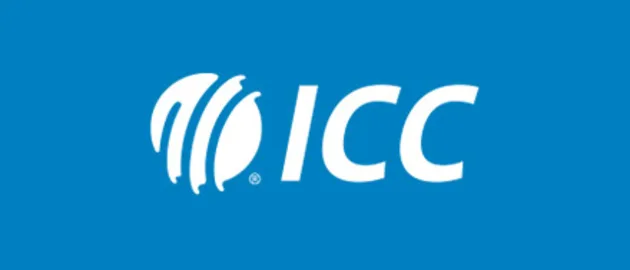ICC Anti-Corruption Code For Participants

In short, the offences under the ICC ACU Anti-Corruption Code relate to:
- Match / Fixing
- Betting on cricket
- Misuse of inside information
- Failing to report an 'approach' or corrupt conduct to the ICC ACU
- Failing to cooperate with, or obstructing an investigation or proceedings.
All cricket matches are to be contested on a level playing-field, with the outcome to be determined solely by the respective merits of the competing teams and to remain uncertain until the cricket match is completed. This is the essential characteristic that gives sport its unique appeal. Public confidence in the authenticity and integrity of the sporting contest is therefore vital.
The ICC is committed to taking every step in its power to:
a) prevent corrupt practices undermining the integrity of the sport of cricket, including any efforts to influence improperly the outcome or any other aspect of any match; and to
b) preserve public confidence in the readiness, willingness and ability of the ICC and its Member Boards to protect the sport from such corrupt practices.
Corruption is often carried out under cover and in secret which creates significant challenges for the ICC in the enforcement of its rules. As a consequence, the ICC needs to be empowered to seek information and share information and to require Participants to cooperate fully with all investigations and requests for information.
The ICC Anti-Corruption Code (the Code) provides the ICC ACU with the power to proactively and thoroughly investigate incidents of corruption in the ongoing effort to protect the integrity of the game.
The Code specifically relates to international cricket played under the auspices of the ICC and its Members and applies to all Participants; player, coach, trainer, manager, selector, team owner or official, doctor, physiotherapist, match referee, pitch curator, player agent, umpires, as well as ICC Officials. Participants are bound by the Code for 2 years after they have terminated their involvement with international cricket.
The Code sets out the rules, offences and sanctions. The maximum possible sanction for the most serious breaches of the Anti-Corruption Code is a LIFE BAN from all involvement in the game. In some countries, there is also the possibility of criminal sanctions.
Note. All ICC Full Members and a number of Associate Members have adopted their own domestic Anti-Corruption Codes (based on the ICC’s Code) and/or processes which regulate the domestic game within their jurisdiction. These domestic codes seek to ensure a joined up and consistent approach to fighting cricket across all levels of the game.
It is your responsibility to be familiar with the relevant regulations for domestic cricket. Irrespective of what code or other rules you are covered by, protecting the reputation and integrity of the game at any level is everyone’s responsibility. You should not engage in any conduct that would bring yourself, your team or the game into disrepute. This includes engaging in any corrupt activity.
ICC Anti-Corruption Code for Participants (amended with effect from 1 Jan 2021)
To view/share the ICC ANTI-CORRUPTION CODE FOR PARTICIPANTS (amended with effect from 1 Jan 2021).Click Here
Full Member, Domestic Anti-Corruption Codes for Participants
The ICC Anti-Corruption Code is applicable to international cricket while the following Member Board codes are applicable to domestic cricket:
